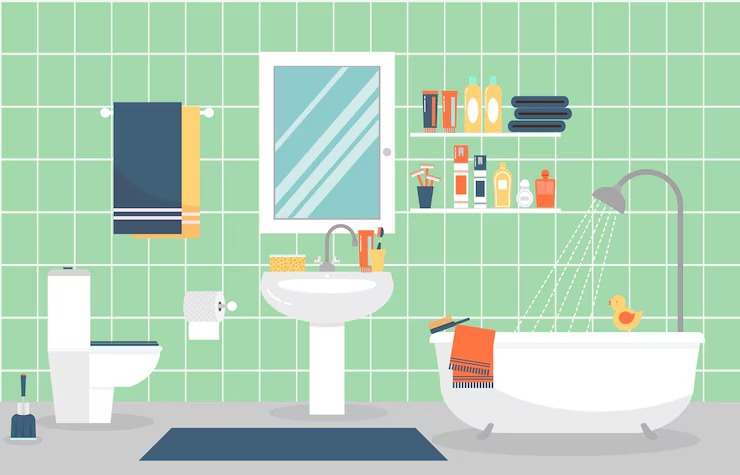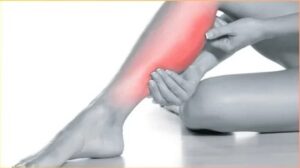
Think Your Bathroom’s Safe? Experts Reveal 5 Everyday Items That Don’t Belong There!
April 10, 2025
Your bathroom may look neat and clean, but health experts are raising concerns about the types of items stored in this warm, humid space. Moisture and poor ventilation can create ideal conditions for bacteria and mold to thrive, potentially affecting your health. Here are five everyday items that should be kept out of the bathroom, according to experts.
1. Clutter Around Countertop Sinks Raises Contamination Risks
In smaller bathrooms, it’s common to store personal items around the sink. However, experts warn that splashing water can spread germs from the sink to surrounding items like toothbrushes, cosmetics, and razors. “In compact spaces, bacteria travel easily and contaminate nearby surfaces,” said a hygiene specialist. Keeping only essential items near the sink and cleaning regularly is key.
2. Wet Towels and Clothes Attract Mold and Bacteria
Damp towels and clothes left in the bathroom for long periods can become hotbeds for mold growth and bacterial buildup. “Wet fabrics are a magnet for germs and allergens,” warn health officials. The advice: dry them in well-ventilated spaces or outdoors whenever possible.
3. Decorative Items Can Become Dusty and Unhygienic
From artificial plants to wooden decor, decorative items might add charm to a bathroom—but they also collect dust and germs over time, especially in a moist environment. “People rarely clean these items, and in a humid setting, they can quickly turn unsanitary,” noted a home care expert.
4. Skincare Products at Risk of Bacterial Contamination
Dermatologists caution against storing face creams, serums, and other skincare items in bathrooms. The warm, damp conditions can degrade product quality and invite contamination. “This can result in skin irritation or infections,” said one skincare professional. Keeping these products in a dry, cool place is strongly recommended.
5. Medications Lose Potency in Moist Environments
Though it’s a common practice, storing medicine in the bathroom can reduce its effectiveness. Pharmacists explain that moisture and heat can alter the chemical makeup of pills and capsules. “A dry cabinet outside the bathroom is a much safer storage option,” they advise.
Conclusion
Experts recommend reviewing what you store in your bathroom and removing items that aren’t moisture-resistant. By limiting exposure to humidity and improving ventilation, you can create a safer, healthier bathroom environment.







